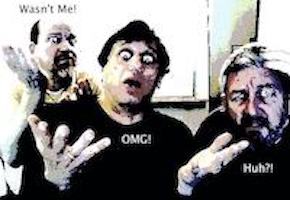Services
Engineering
OverviewCommunity
×
OK
Collapse Results

